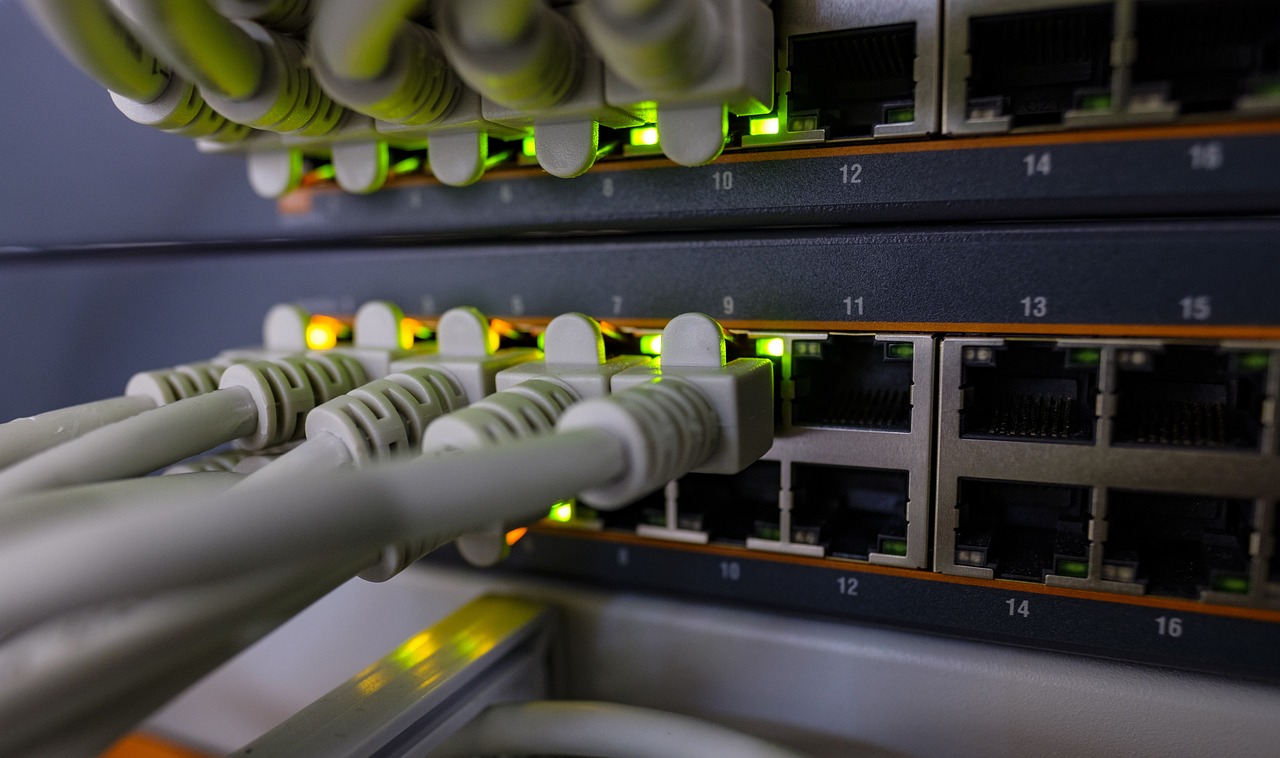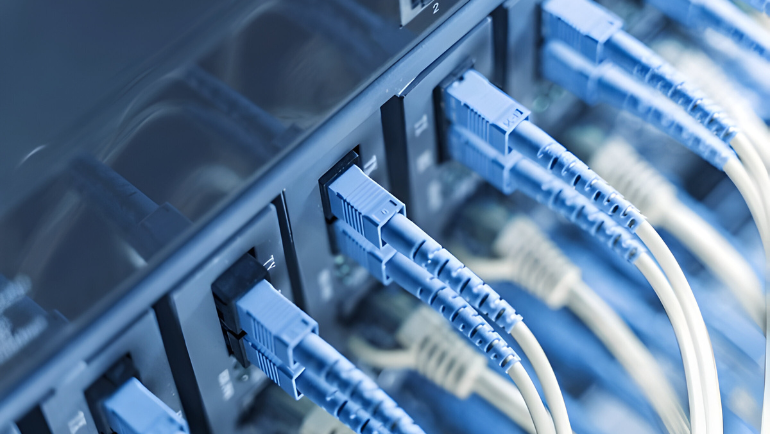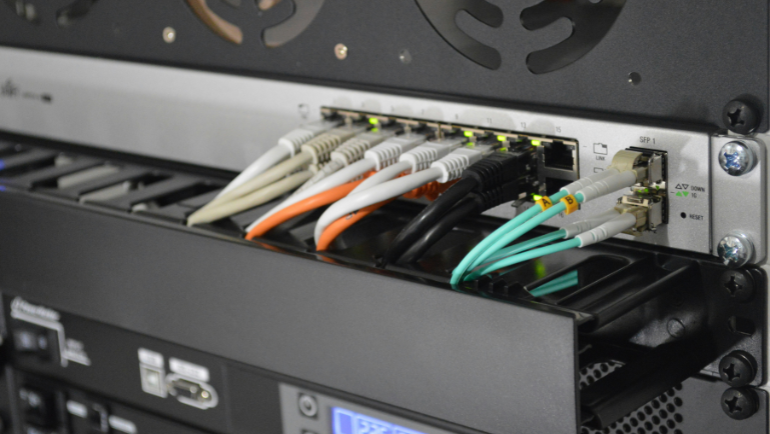
The technology surrounding managed network switches has changed significantly since the normalization of the Internet. Network-managed switches monitor, configure, and manage incoming internet traffic to ensure optimal network performance. They provide more control to big or small enterprises on how data travels over the Local Area Network (LAN) and who can access it. Let’s look into the benefits of managed switches to understand them properly.
Advantages of Managed Switch

Multiple computers can connect via network cables to managed switches for internet connectivity. They allow remote configuration of connected devices through network administration, allowing swifter response to a technical issue. Here are some pros of managed switches to highlight their importance in the business world.
Security
Data is the most essential component in any enterprise; its correlation can cause a significant loss in revenue or potential plenty. The biggest benefit of Managed switches is that they safeguard the data from threat by monitoring all communications within your network. Manage switches have built-in firewalls and offer advanced security options such as 802.1x, IP security, HTTPS, and more. Some of them also allow setting up multiple access levels to prevent unauthorized access from bad actors.
Scalability
The growing connectivity demands require easy solutions to network scalability. Some managed switches can be programmed to create Virtual Local Area Network (VLAN) connections to distribute data. This connection is made via programming instead of wires by creating subgroups of data interfaces. Also, Multiple VLAN connections can be used over a single ethernet connection, reducing cost and optimizing scalability.
Efficiency
Network bottlenecks create frustration within enterprises and may significantly impact work productivity. Another, benefit of a Managed switch, allows you to monitor data on each port to optimize the network traffic during rush hours. Features like network segmentation allow switches to group multiple devices logically and isolate traffic between them. Also, many switches are compatible with SFP and SFP+ transceivers to further accelerate speed and efficiency.
Reliable
Businesses lose money yearly due to network downtime, data loss, and no failover redundancy. Manage switches have protocols like Alpha-Ring topology that improve the network recovery time and minimize possible data loss. When network links are broken, protocols like STP, MSTP, and RSTP enable failover and interoperability across multiple switches. This prevents network loops and activates secondary network paths, improving reliability and resilience.
Best Managed Network Switches

The benefits of managed switches help enterprises monitor and organize their network traffic. However, careful consideration is necessary after evaluating each benefit and your requirements to find the right one. Computing Worlds has made things easier for you; below is a list of best-managed network switches for sale online.
You can also request a bulk quote online for the required networking devices.
Frequently Ask Questions:
Why Do You Need a Managed Network Switch?
We need a managed network switch to enable devices in a network to communicate with each other.
Why Use a Managed Network Switch Instead of a Router?
Most routers have limited port availability, while a managed network switch allows multiple port connections, enhancing scalability.
Buying networking devices is similar to stationing a traffic police to control internet traffic. Managed switches offer great benefits to enterprises in organizing network traffic with some advanced features. Weigh your requirements and the benefits to find the best-managed switch for your business. Enterprises also opt for NAS and SAN storage networks to improve data access and allow different SSDs like SAS or NVMe to be configured inside the network infrastructure.
Stay tuned to the Computing Worlds blog for more technology information.






